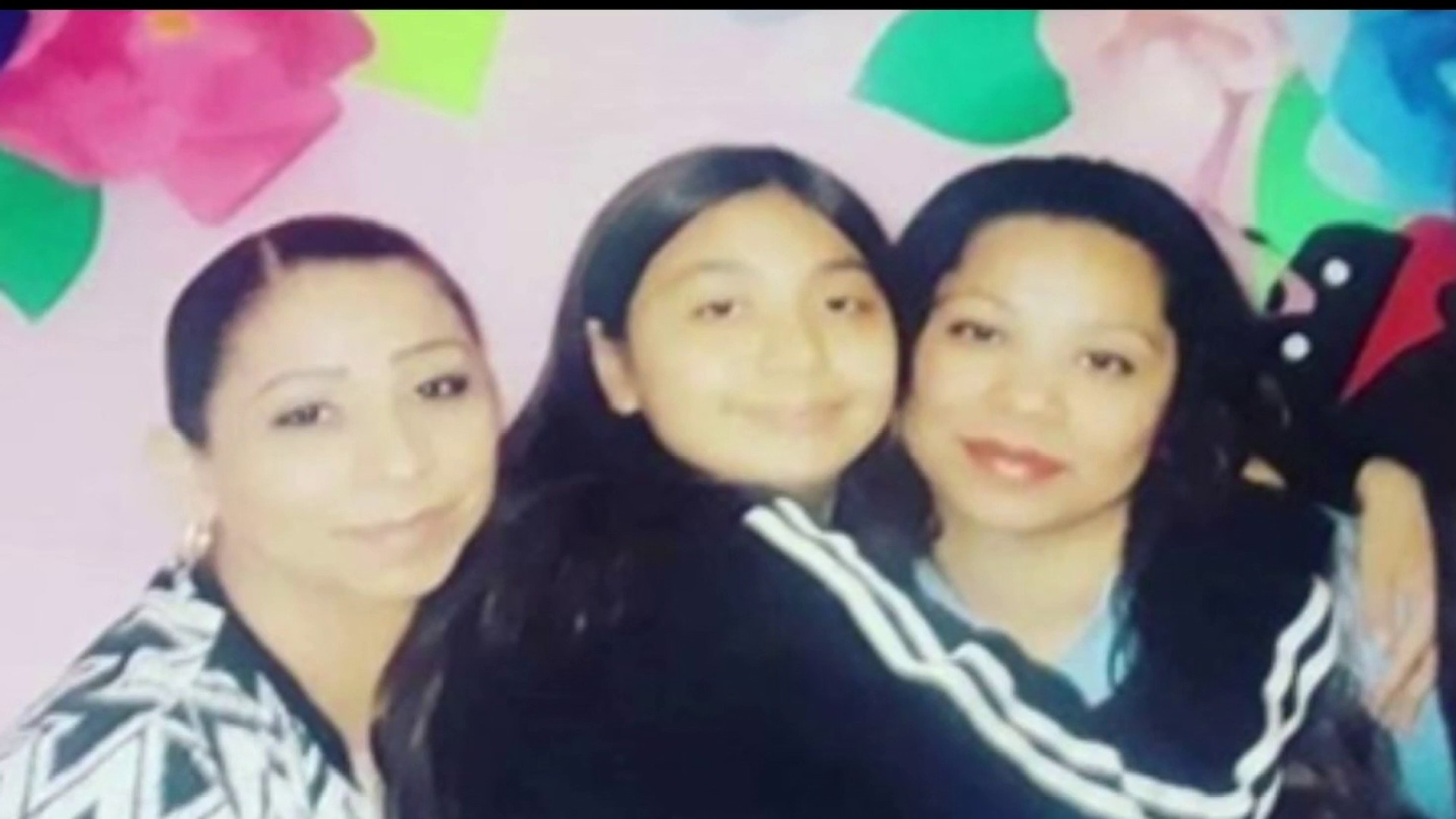A South LA woman spent nearly two decades in prison for a murder she didn’t commit. Last year, a California court overturned her conviction, but she didn’t walk free. Instead, her attorney says she was picked up by ICE agents and is now facing deportation to Mexico.
Her attorney says this is not uncommon.
In fact, he says many activists in California have fought to stop the state from handing prisoners over to ICE, after they’ve been released but say it continues to happen.
She spent almost 20 years in prison for murder.
Then, a California judge exonerated her, saying she’d finally be free because she didn’t commit the crime.
But this South LA woman, Sandra Castaneda, is not home with family.
She’s now in an immigration detention center across the country facing deportation.
“They let the ICE van in, I watched them load her up and one other woman at the reception center where they receive people and then watched them drive away,” said Colby Lenz, an advocate for the California Coalition
Lenz was in the prison parking lot last year – waiting to pick Castaneda up and take her home on the day she was supposed to be released.
Lenz says ICE sent Sandra to Georgia because that’s where they had an available bed.
Lenz is an advocate with the California Coalition of Women Prisoners and met Sandra while she was in prison and later introduced her to her current immigration attorney.
“In Sandra’s case, there simply is no conviction anymore to deport her for,” Anoop Prasad, an immigration attorney with the Asian Law Caucus said.
Prasad argues that Castaneda’s case is very unfair because she is a legal permanent resident who no longer has a criminal record and could still be deported back to Mexico.
“The California prison system reported her and called ice. nothing in california law requires them to do that,” Prasad said.
Prasad is currently fighting Castaneda’s deportation.
He says an immigration judge already dismissed it once but ICE asked them to reconsider and could appeal a second dismissal.
Prasad says Castanedais in a detention center in rural Georgia and hasn’t seen friends or family in almost a year – he’s afraid that’ll take its toll on her.
“When you’re in criminal custody, you know I’ll be getting out on x date. With immigration detention, there’s never an end in sight. “You could be looking at months, you could be looking at years, and I think that really weighs on people mentally and what we’ve seen is a lot of people say, ‘I can’t do this anymore, I’ll just get deported,’” Prasad said.
ICE officials referred a request for a comment from NBC to the U.S. Department of Justice’s Executive Office for Immigration Review which did not respond by deadline.


